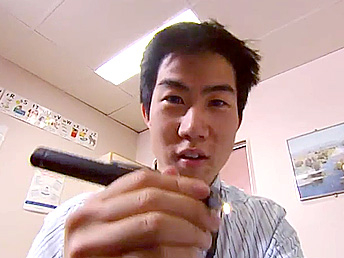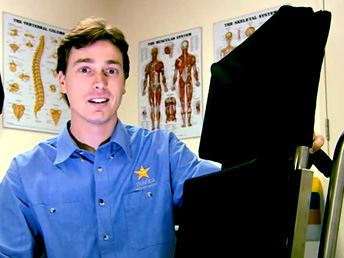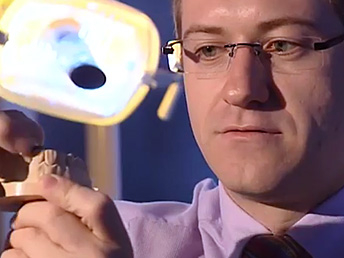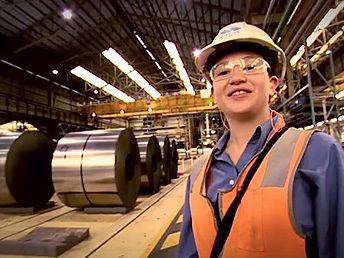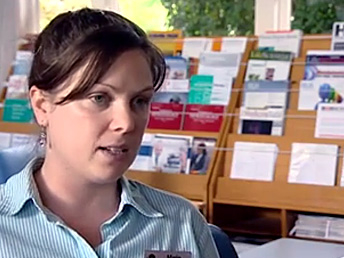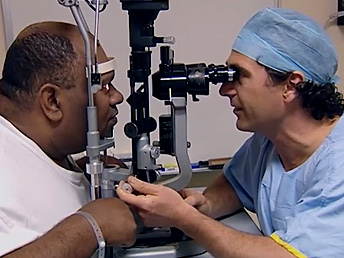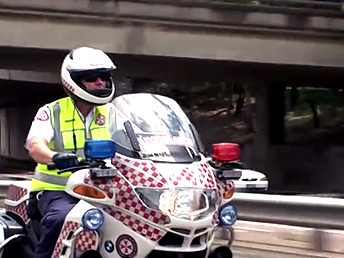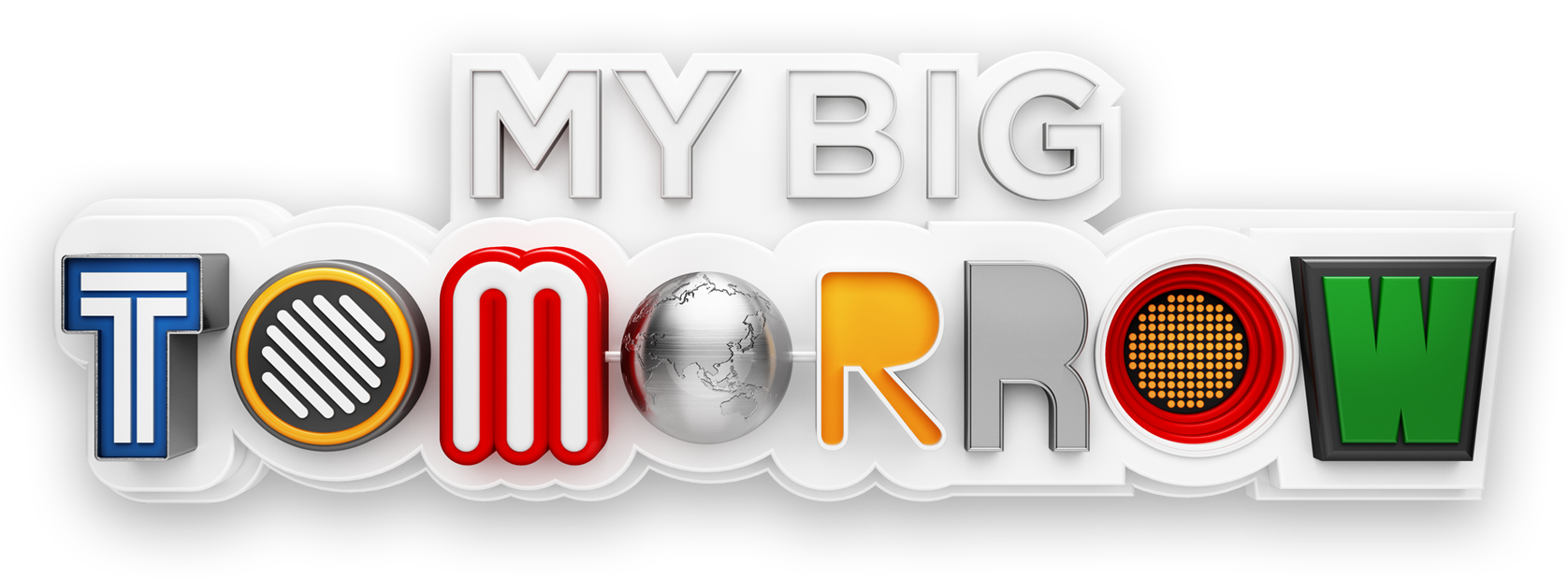
Diagnostic Radiographer
As a diagnotic radiographer you work with a range of imaging technologies like x-rays, Ultrasound and CT scans to identify a patient's injury or disease. You could work in environments such as hospital wards, accident and emergency or operating theatres.
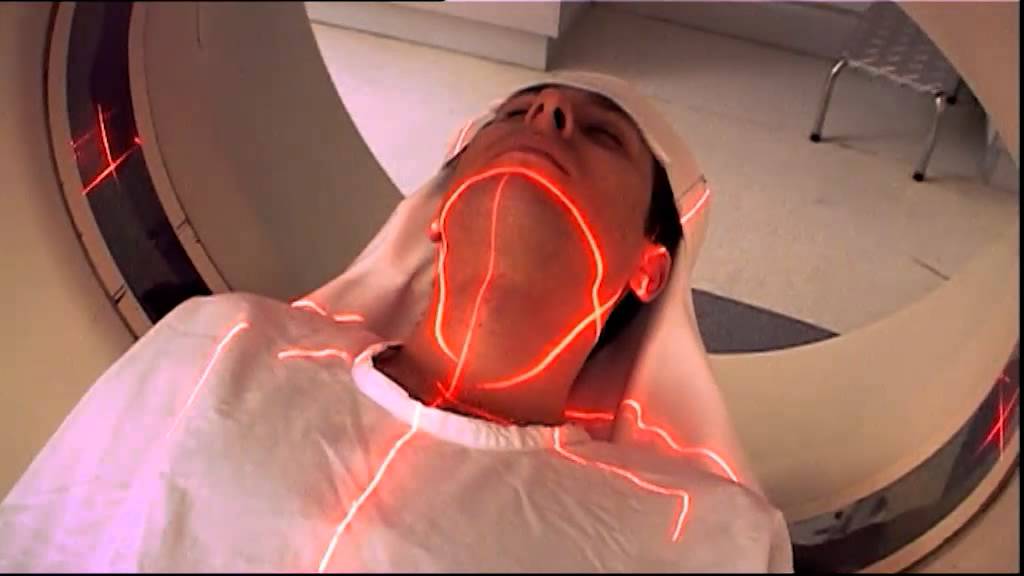

What the job looks like
Salary expectation
starts at $41,548 up to $90,286+

The good
- Each day is different
- Using technology
- Learning new things
- Helping people
- Potential to work overseas
The not so good
- Working long hours and doing overtime
- Bad quality images could lead to misdiagnosis
Diagnostic radiography captures high quality images. These images are then used to determine a patient's treatment or diagnosis.
Your role involves managing the equipment used to take these images and is a critical role to ensure accurate diagnosis for a patient. Talking to patients is a day-to-day part of your job as well as answering any questions they might have and passing on the films you capture to a doctor.
Radiography involves many different aspects of science, particularly physics and mathematics. You will also need a solid understanding of technology to understand how the machines work and how to properly view the films on a computer.
People and communication skills are a big part of the role as you will constantly be talking with patients and other health professionals.
If you enjoy helping people and have an interest in health, then a career as a diagnostic radiographer could be for you.
Radiography is a huge part of research, it's always developing and constantly changing.
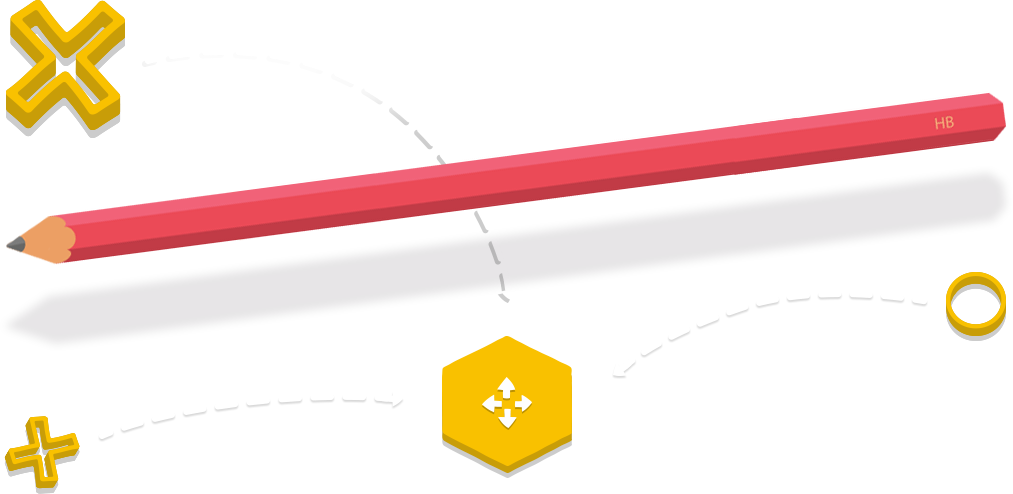
Pathways to this career
Subject suggestions for the HSC
Choosing your HSC subjects from this list could really help with your career. Think carefully about what you want to study after school as you might need to choose specific HSC subjects for that course and to count towards your ATAR (Australian Tertiary Admission Rank). An ATAR is your academic rank in relation to other HSC students and helps with University admission.
HSC subjects
Some subjects will count towards your ATAR, others will not. Check with your career advisor before making subject selections.
- English (Advanced or higher)
- Mathematics (2 unit or higher)
- Physics
- Biology
- Information Processes and Technology
What can I do after I have finished school?
University degrees
Studying one of these degrees can help with your career.
- Bachelor of Diagnostic Radiography
Suggestions
Check out Australian Institute of Radiography for more information
- Concentrate on science and communication skills at high school
- Watch medical documentaries or television shows to get an idea of what diagnostic radiographers do
- See if you can do work experience at your local hospital
- Go to career expos and events like university Open Days for information about what you will study
